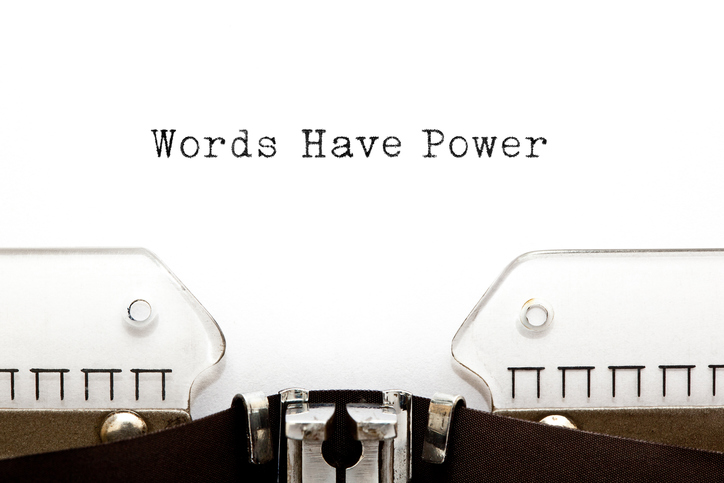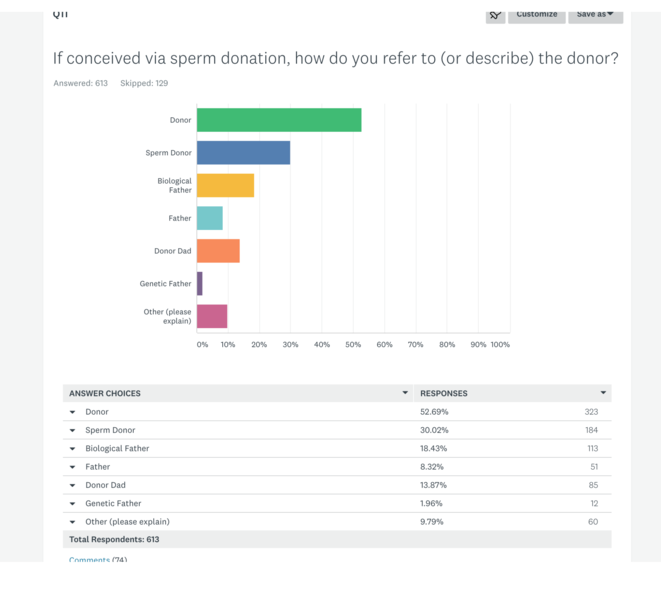
We can all educate ourselves about the importance of terminology when dealing with sensitive family groups and communities, including in the world where sperm and eggs are sold and bought. But it's tricky.
For starters....the person who sold their sperm or eggs never actually “donated” anything. A donor-conceived child didn't have anything “donated” to them, so really, they do not have a donor.
Terminology can be a real hot button as it indicates the way that we define our relationships.
It's an important factor in communication as it gives context to the content of our conversations. That's why we always recommend using accurate terminology for donor families. Usually, we call the person who sold their sperm or eggs the donor. This person is actually the biological mother, biological father, or biological parent, as they contributed around 50% of the DNA to create the child. The word parent can be used as both a noun and a verb, and while donors are the biological parents (noun) of a donor-conceived child, they are not parents (verb), as they do not actually raise or actively parent the child.
Many parents view the gamete sellers as merely contributing a "piece of genetic material" or "a donated cell", but to the donor-conceived person, it's oftentimes so much more than that. It's one-half of their identity: their ancestry, their family medical history, and their very close genetic relatives. Donor/biological parent is a good way to clarify which type of biological parent you're referencing, not the one who raised you, but the one who gave you half of their DNA via the sperm or egg donation process. They are the people that sold their gametes to a facility, who in turn sold them to the parents.
Here is how 1,683 surveyed sperm donor-conceived people refer to/describe the "donor". 42.58% of the DCP who had LGBTQ parents included the words father or dad while 66.83% of DCP with heterosexual parents used those words to describe the person from whom they received 50% of their DNA.
Donor-conceived people with LGBTQ parents: Donor-conceived people with heterosexual parents:
Only 22% of 1700 surveyed sperm donor recipients (the mothers) used the words father or dad when describing the person who contributed 50% of their child's DNA.
Other terminology hot spots are the words we use for donor-conceived people: like offspring, or donor babies for very young children.
Others created with the same donor are called half-siblings, donor siblings, siblings, or even diblings (although that term is not favored by many adult donor-conceived people).
For the person that sold their gametes, they might have children that they are raising, but also children created from their gametes who might be their donor children or offspring.
Some donor-conceived people feel very strongly about not using some of these terms, while others are fine with it. It all comes down to how you personally define family.
I find that no matter which term you use, you're probably offending someone.
I guess we're all still working it out.
Some donor-conceived people feel very strongly about not using some of these terms, while others are fine with it. It all comes down to how you personally define family.
I find that no matter which term you use, you're probably offending someone.
I guess we're all still working it out.


